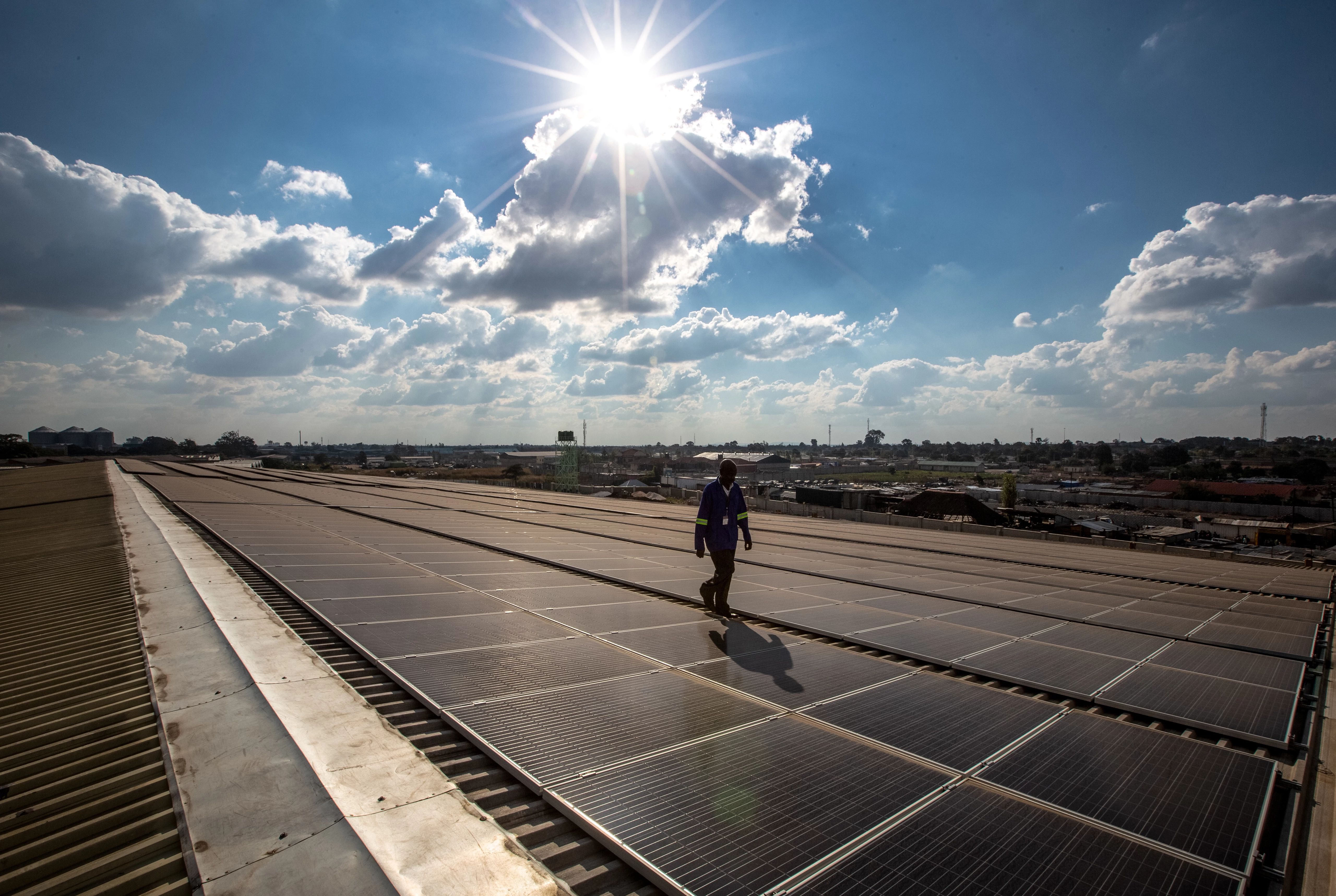Our work areas
Energy transition
Our focus
In partnership with others - governments, multilateral agencies, donor community, the private sector, philanthropy and civil society - we build capacity to support interventions with a clear potential to accelerate the achievement of the SDG7 and that are aligned with the Paris Agreement and NDCs targets.
To do so, we work with countries to modernize their energy infrastructure, through innovation and new business models. This will be accompanied by suitable financial mechanisms and policy de-risking approaches to channel public and private climate finance where it is most needed and impactful, and offering a platform for honest dialogues and advice.
Latest news

 Locations
Locations














